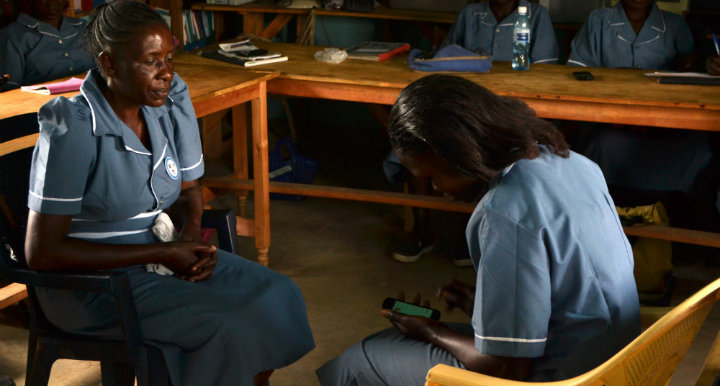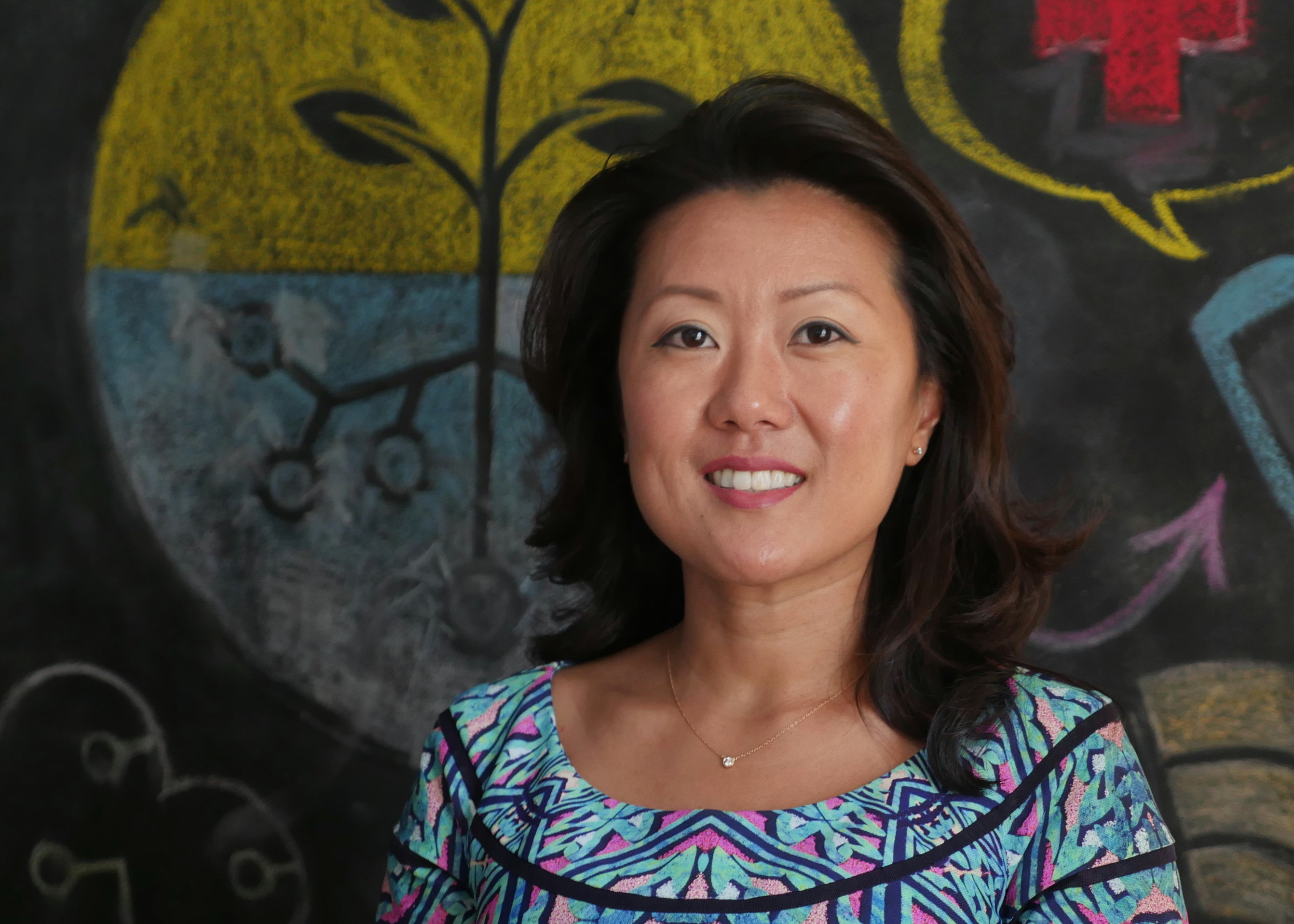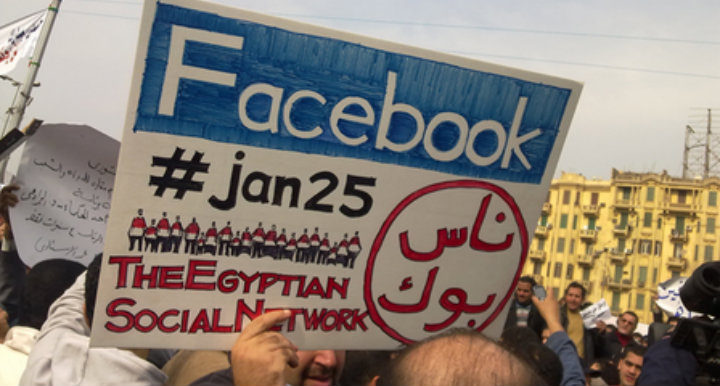According to GSMA’s Digital Entrepreneurship in Kenya 2014 report, 99% of internet subscribers in Kenya access the internet through mobile devices. Kenya has been the leader in mobile banking, with apps like M-PESA, Zoona, and others. When taking TechChange’s Mobile Phones for Public Health online course with a group of 10 colleagues at PATH, I was curious to learn what mHealth looked like in Kenya and learn what lessons I can apply to my mHealth programs in Bihar, India. As part of my final project for the course, I asked Debjeet Sen, one of my colleagues at PATH based in Kisumu, Kenya, to share his views on the state of mHealth interventions in Kenya.
Like other developing countries, mHealth in Kenya primarily focuses on two core areas:
1. Data collection, where mobile devices replace and/or complement traditional paper-based tools;
2. Behaviour change, where mobile devices are used to disseminate key messages and good practices among communities.
And like any low-resource setting, there are inherent challenges in rolling out mHealth interventions, so it is important to be cognizant of them and develop appropriate counter-strategies.
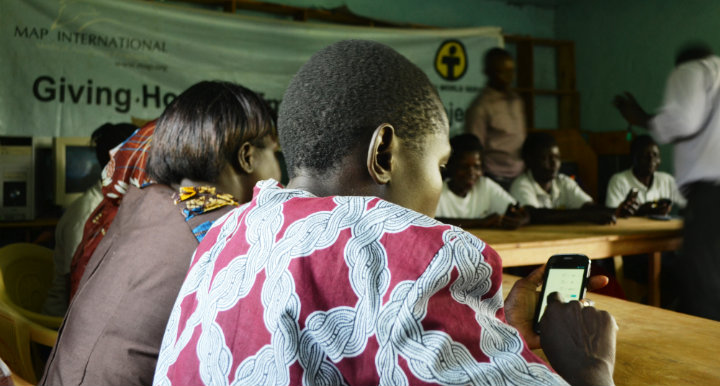 Community health workers (CHWs) during a mHealth training in Kenya
Community health workers (CHWs) during a mHealth training in Kenya
Here are a few challenges that Debjeet sees mHealth interventions face in Kenya:
-
Multiple mHealth interventions have remained at the pilot stage
Many mHealth interventions in Kenya have not yet been integrated into larger health and information technology systems due to the absence of a clear scale-up strategy in the pilot project design and a lack of consensus on common software and hardware requirements. Different projects use different handsets with different operating systems for different mobile platforms. Aligning individual mHealth projects with regional and national management information systems (MIS) is necessary, but may not necessarily happen, as mHealth projects often function autonomously. Wherever possible, it is important to integrate mHealth data streams with existing MIS platforms in order to prevent duplication and mixing of data.
-
Many mHealth projects rely on the use of smartphones
Smartphones can be expensive and beyond the purchasing power of Kenyan government institutions and individuals. Most people continue to rely on low-end phones, which are cheap and widely available.
-
Scarcity of a reliable power source
Electricity supply in Kenya is unreliable and regular electricity is mostly available only in semi-urban and urban areas. Since graphics-enabled smartphones are highly power-intensive, any mHealth project that relies on smartphones may face challenges if users struggle to keep their phones regularly charged.
However, there are opportunities that can help tackle these mHealth challenges:
-
Almost universal penetration of cell phones
Kenya has a very strong base for implementing mHealth projects, partly because Kenyans are familiar with the use of mobile phones for functions other than just making and receiving calls. Mobile banking app like M-PESA is used by tens of millions of Kenyans. In fact, many financial transactions in the social sector, such as paying for trainings and workshops, issuing stipends to community health workers (CHWs), and transferring conditional cash transfers are all done through M-PESA. In a way, this extensive use of M-PESA for the social sector is already (indirectly) helping improve mHealth outcomes.
-
Incentivizing end-users such as CHWs to buy the phones
A common mistake of many mHealth projects is to provide the cell phones for the project as “giveaways.” In turn, this results in less accountability and a lack of ownership among the phone users. Asking CHWs to partially cover the cost of the phones or buy them is a good strategy to create ownership and accountability. This also has ramifications for scale-up and sustainability, as governments in low-resource countries may be unable to cover the entire cost of purchasing cell phones.
-
Work is underway to develop a plan to coordinate mHealth activities in Kenya
There are plans to align multiple platforms, hardware, and software with a common national strategy and to ensure that data collected from these activities are facilitated to feed into national and regional MIS.
4. Simple smartphone apps.
The simpler smartphone apps have been demonstrated to assist frontline workers such as CHWs in data collection and as job aids to assist them in household visits and group and/or individual counselling. In an environment that faces challenges in literacy rates as well as financial and network connectivity, we cannot simply develop and run any iPhone or Android app. Sometimes, it is important to develop ways to access mHealth tools offline.
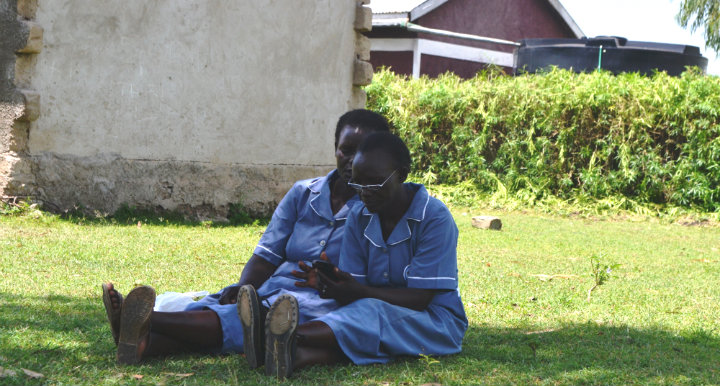 Community health workers explore Information for Action app during the field test
Community health workers explore Information for Action app during the field test
In particular, Debjeet discussed his work on the Information for Action app, an innovative app running on the Android platform designed by the Human Sciences Research Council of South Africa. The app collects information from CHW home visits and immediately turns the collected information into actionable information in the form of a key message or suggested actions that can be shared by CHWs with caregivers. It is a dynamic app because it collects information and provides contextualized key messages and suggested actions on areas of children’s development, health, nutrition, and water and sanitation. The Information for Action app also stores records of individual home visits, which can be used by CHWs to plan for future home visits, as well as uploaded into a central data server/cloud, where supervisors can monitor for quality of home visits.
Currently, a field test of the app is being carried out in Kenya and South Africa to determine its operational feasibility and acceptability among CHWs, their supervisors, and community members receiving home visits from CHWs. Debjeet would be happy to share the app after the field tests are completed.
Debjeet asserted that the TechChange mHealth course has provided him with a structured overview of mHealth, which is a contrast to the way he has generally learned about mHealth through on-the-job experiences. The TechChange course has exposed him to interesting resources, people, and mHealth projects and he wishes to use the learnings from the course in his current projects at PATH
Why learning about mHealth in Kenya is useful for India
Since working in Bihar is quite similar to working in other countries of low resource settings like Kenya, it is helpful to learn about the challenges and strategies of different countries as we develop mHealth programs in Bihar. The PATH team in Bihar provides knowledge management support to a behavior change community mobilization project called Parivartan, which means “transformation”. The knowledge management team is in the process of conceptualizing a mobile based data collection and analysis system for village health sanitation nutrition committee (VHSNC). The committee members would develop effective social mobilization strategies to influence people to attend village health sanitation nutrition day (VHSND) at local primary health centers for health and nutrition related services. We have already started collecting a lot quality assurance sampling (LQAS) data through tablets and Kenya’s mHealth lessons definitely help as the fuel to work at per PATH’s technology and healthcare innovation in low and middle income group setting.
The knowledge on mHealth in Kenya which Debjeet has shared will help my team develop its own mHealth strategy in a low-resource setting such as Bihar, India.
If you are interested in learning more about the current state of mHealth, enroll in our upcoming mHealth course, TC309: Mobile Phones for Public Health today.
Alumni bios
Debjeet Sen is a Senior Associate with PATH. He has managed and supported a range of early childhood development (ECD), infant and young child nutrition, prevention of mother-to-child transmission (PMTCT) of HIV, and maternal and child health projects — primarily in Kenya and Mozambique, but also in DRC, Ethiopia, India, Malawi, Namibia, Nigeria, Pakistan, Rwanda, and South Africa. His core skills include technical design and management of complex projects, monitoring and evaluation (M&E), behavior change communication (BCC), curriculum development, capacity building and training, organizational development, documentation, and technical research and writing. He is currently based in Kisumu, Kenya. You can connect with Debjeet on LinkedIn.
Pratyaya Mitra is a communication professional with more than 12 years of experience in corporate and social sector. Currently working as communication and documentation officer in PATH Knowledge Management team in Bihar, India. Previously, worked with UNICEF as communication consultant for C4D, advocacy-partnership. Pratyaya worked in corporate communication and as copywriter with Ogilvy and Mather. He works with wide range of communication channels such as, written, audio visual, online, social media and mobile. He plays pivotal role in advocacy, PR and social and mHealth communication strategy to meet the project goal and business development. He did his masters in communication. You can connect with Pratyaya on Linkedin, Twitter, and Facebook.

